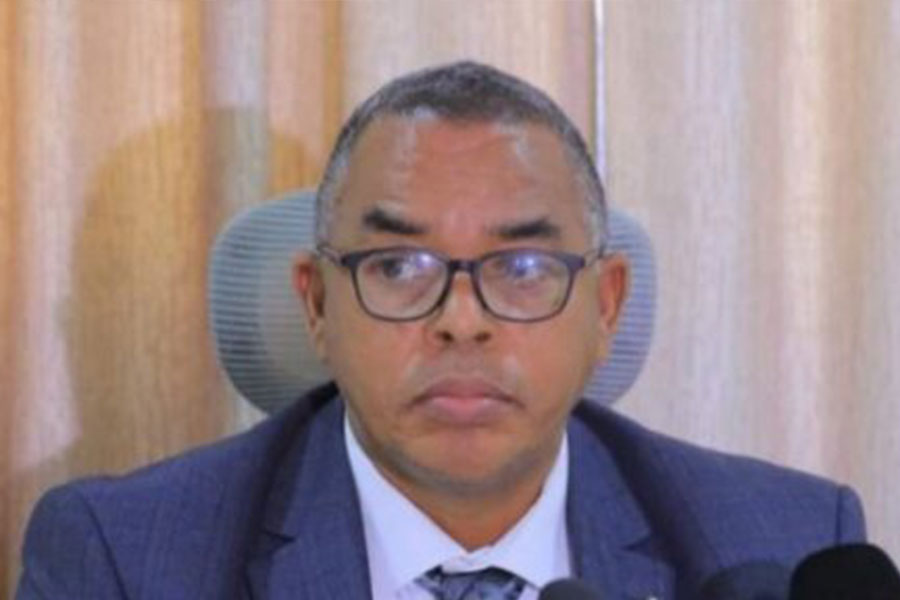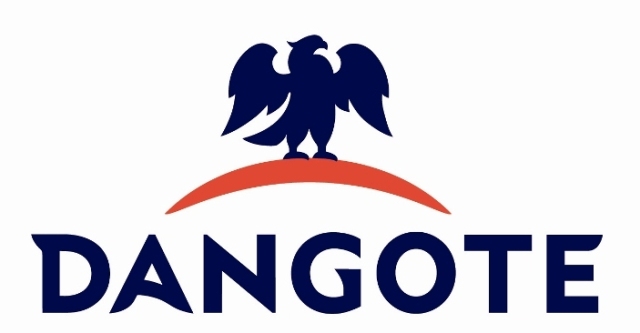
Fortune News | Jul 17,2022
Jan 7 , 2022
By HAWI DADHI
Four federal agencies mandated to ensure quality control and issue accreditations for export items will be housed in new facilities to be constructed with a nearly two billion Birr investment.
Under construction for the past two years, the buildings are housed in the premises of the Ethiopian Standard Agency (ESA), located along the Ring Road near the Megenagna roundabout. The federal government earmarked a budget of 1.9 billion Br to see through the construction of 13 blocs. The Ministry of Trade & Regional Integration has hired the China Communications Construction Company (CCCC) to conduct the construction work.
Officials hope the project will address problems prevalent in merchandise quality exported from Ethiopia and contribute to increased forex revenues. It comes following a programme launched five years ago with the support of the World Bank.
A national program for quality infrastructure development was kicked off in 2017 with 50 million dollars. The World Bank supports quality improvement in the textile, leather, horticulture and honey processing industries. The first phase, initiated with a budget of 38 million dollars, aims to improve quality control offices through equipment provision and develop an improved rating system.
Contracted through a turnkey project, the CCCC had initially agreed to complete the construction in two and half years of signing the contract in 2019. However, officials of the Ministry attributed the "complexity of the project" and "challenges initially unaccounted for" for the contractor to request an extension by one and half years. According to Samuel Alene, director of quality infrastructure supervision and support at the Trade Ministry, the request has been approved.
"Some [of the buildings] have progressed well, and some are lagging," Samuel said.
Each bloc will be commissioned for use upon completion of construction, without waiting for others to be completed, says Samuel.
Seven blocs will be designated to the Ethiopian Meteorology Institute (EMI), one for the Ethiopian Accreditation Service (EAS) and five for the Ethiopian Conformity Assessment Enterprise (ECAE). The latter was established in 2011 to provide laboratory testing, inspection and certification services to businesses and the public. The Meteorology Institute mainly provides calibration, training, technical support and equipment maintenance services, while the Service is tasked with accrediting companies and products.
Inadequate quality control is among the shortcomings facing the export business. Exporters are prone to returned products after failing to comply with international standards, eventually damaging Ethiopia's reputation in the international market. The quality control complex will help the country maintain competitiveness in the global market, hoping to increase forex generated through export, according to Samuel.
The World Bank has conducted studies to identify the quality standards that need to be met in major export destinations such as Europe. The European Union (EU) accounted for close to 40pc of Ethiopia's 3.6 billion dollars in export revenues last year. One such study looked into quality testing in the export of honey. It manifests the problems caused by a lack of quality infrastructure services on long, disaggregated supply chains, according to the study published last year.
As demand in Europe grew, honey processors acquired high-end equipment. However, the report revealed that attempts to export had been marred by rejections at ports when shipments failed to meet EU standards.
A quality testing expert in a leather shoe factory urges manufacturers to opt for third-party quality inspections instead of relying on public institutions. He observes that businesses are reluctant to do so as the procedure bears its cost.
"Still, it can't be more than the cost of failure," the expert said.
The number of enterprises that use public quality assurance services has grown to 2,000, up by 400 from a few years ago. Project managers expect this number to exceed 2,800 by the end of the project life in June this year. However, those tasked to implement the project have requested a one-year extension.
The World Bank works with the private sector through various industry lobby groups. The Ethiopian Leather Industries Association is one of these, working to give quality control training for the private sector under the project, according to Daniel Getachew, secretary-general of the Association.
He sees the project as a crucial way of helping reduce costs associated with third-party testing.
"The industry is doing its best to achieve compliance with export standards," Daniel told Fortune.
The Ethiopian Horticulture Producer, Exporters Association is among the beneficiaries. Its members in fruit and vegetable production have been invited to take part, says Tewodros Zewdie, director of the Association.
"It's essential for competitiveness," said Tewodros.
Less than 20 domestic companies hold accreditation from Global G.A.P, an international organisation that certifies agricultural products. The figure is much lower than in other African countries such as Egypt, with around 2,000 certified companies.
PUBLISHED ON
Jan 07,2022 [ VOL
22 , NO
1132]

Fortune News | Jul 17,2022

Fortune News | Apr 06,2019

Fortune News | Feb 01,2020

Fortune News | Mar 23,2019

Editorial | Sep 10,2022

Radar | Jul 27,2019

Radar | Jan 31,2021

Radar | Sep 27,2020

Fortune News | Jun 10,2023

Radar | Sep 11,2020

Dec 22 , 2024 . By TIZITA SHEWAFERAW
Charged with transforming colossal state-owned enterprises into modern and competitiv...

Aug 18 , 2024 . By AKSAH ITALO
Although predictable Yonas Zerihun's job in the ride-hailing service is not immune to...

Jul 28 , 2024 . By TIZITA SHEWAFERAW
Unhabitual, perhaps too many, Samuel Gebreyohannes, 38, used to occasionally enjoy a couple of beers at breakfast. However, he recently swit...

Jul 13 , 2024 . By AKSAH ITALO
Investors who rely on tractors, trucks, and field vehicles for commuting, transporting commodities, and f...

Jun 28 , 2025
Meseret Damtie, the assertive auditor general, has never been shy about naming names...

Jun 21 , 2025
A well-worn adage says, “Budget is not destiny, but it is direction.” Examining t...

Jun 14 , 2025
Yet again, the Horn of Africa is bracing for trouble. A region already frayed by wars...

Jun 7 , 2025
Few promises shine brighter in Addis Abeba than the pledge of a roof for every family...